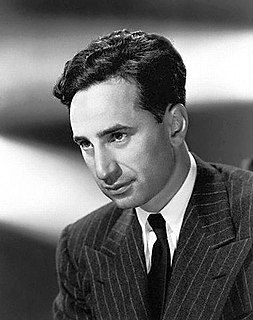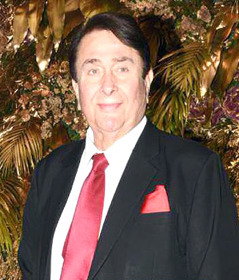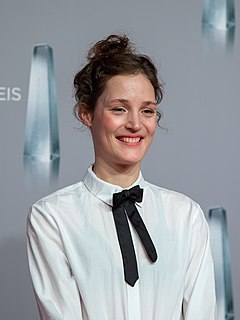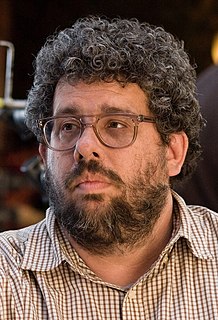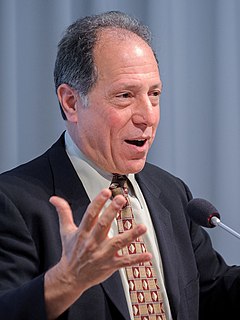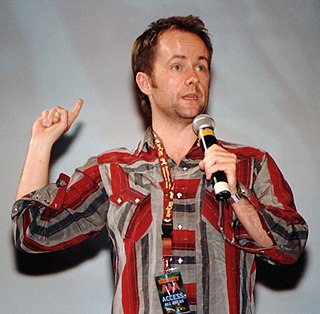A Quote by Elia Kazan
I was very intense. I think it's a privilege to be an actor.
Related Quotes
To be an actor and a director, I actually felt it helped me tremendously to be in the scenes of The Hollars, because as you can see, they're very intimate, very intense scenes. You don't want to break the actor's character and you don't want to break their momentum, so as the actor, I tried not to call cut as much as I could, and almost make it feel like a play, just set this environment where these amazing actors could do what they wanted to do.
I think that it is very interesting to write about a team because a team is a group of people who work in very close quarters and have very intense relationships so - in my days of playing sports, I was very rarely on a team that did not have it's own peculiar dynamic, and you wind up having very intense feelings for good and for bad about these people with whom you spend many hours a day.
Why do you think so many actors are only half-developed people? It's very easy when you're a young actor to have these intense, explosive friendships for short periods of time, because you can control what's shown of you. Then you go on to your next job and reinvent yourself again. I think it's important to find something constant.
I don't call myself a method actor, but the thing is, when you meet Reynolds Woodcock, who is always Reynolds Woodcock, you kind of are Alma, and you kind of become Alma all the time. I think after the first day, Vicky was going, 'Oh gosh.' It was so intense, and I couldn't understand why it was so intense.
I hope that audiences respond really positively. I think it's a very intense, entertaining film [The Last King of Scotland], because you're brought in on a fun ride, and slowly you fall into it as James [actor James McAvoy's character, Dr. Nicholas Garrigan] does. Nicholas is like the audience. I think it's a good ride for people. And you learn something, as well.
